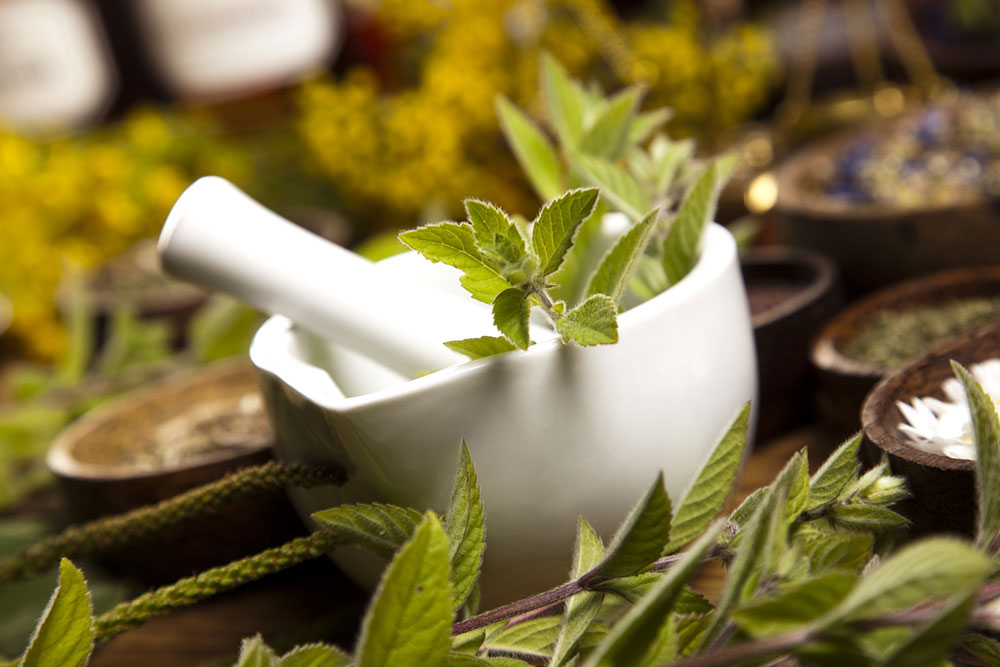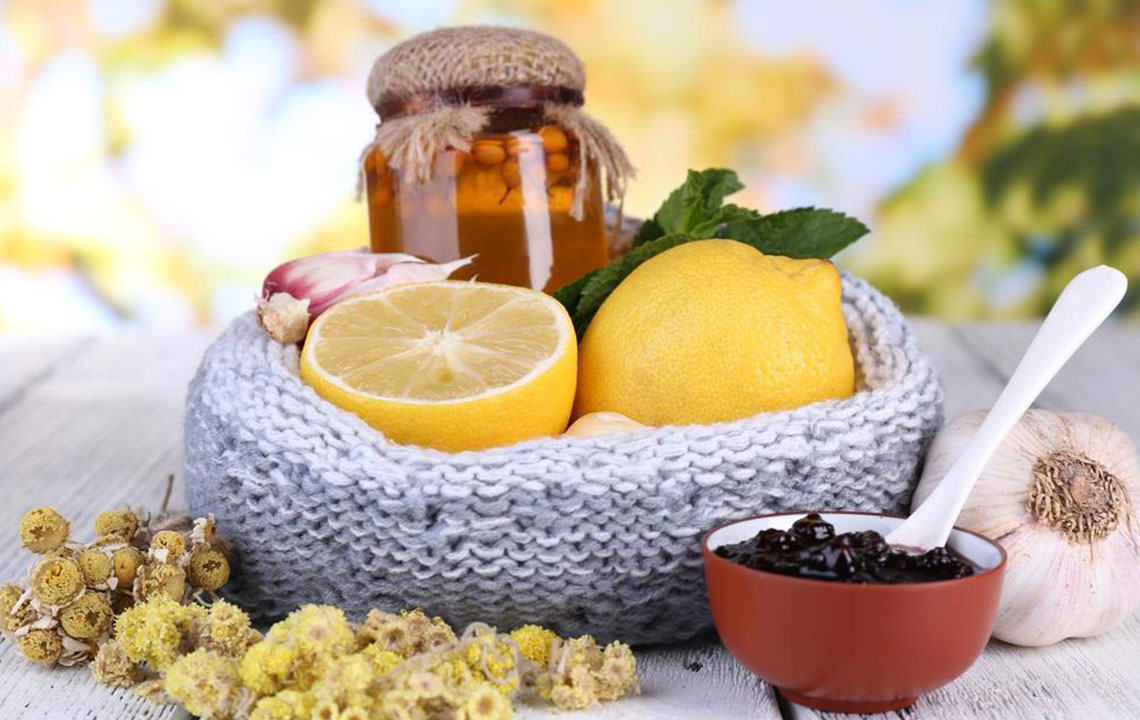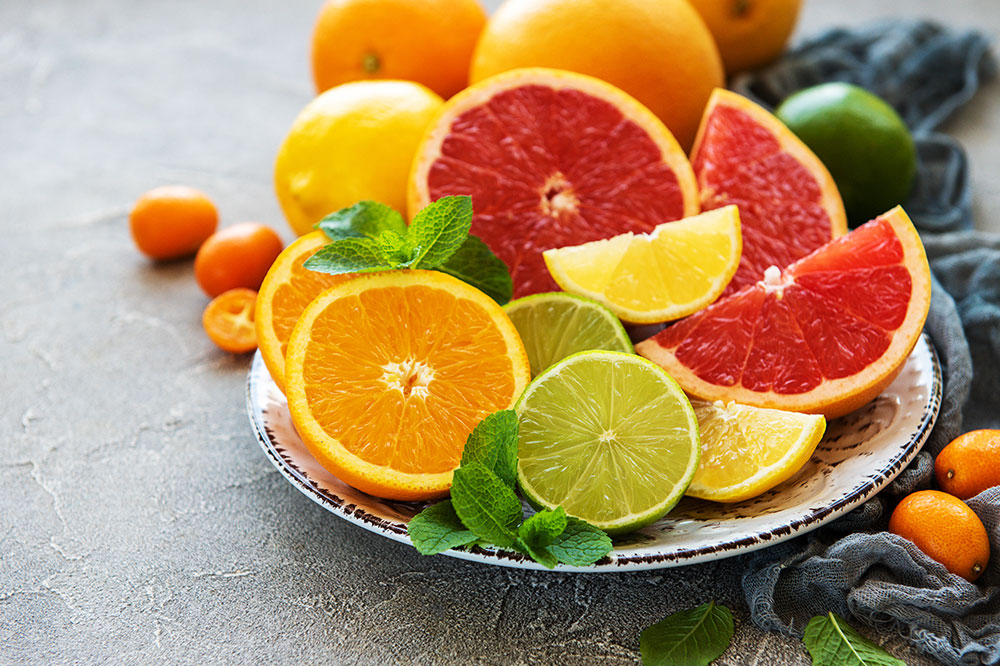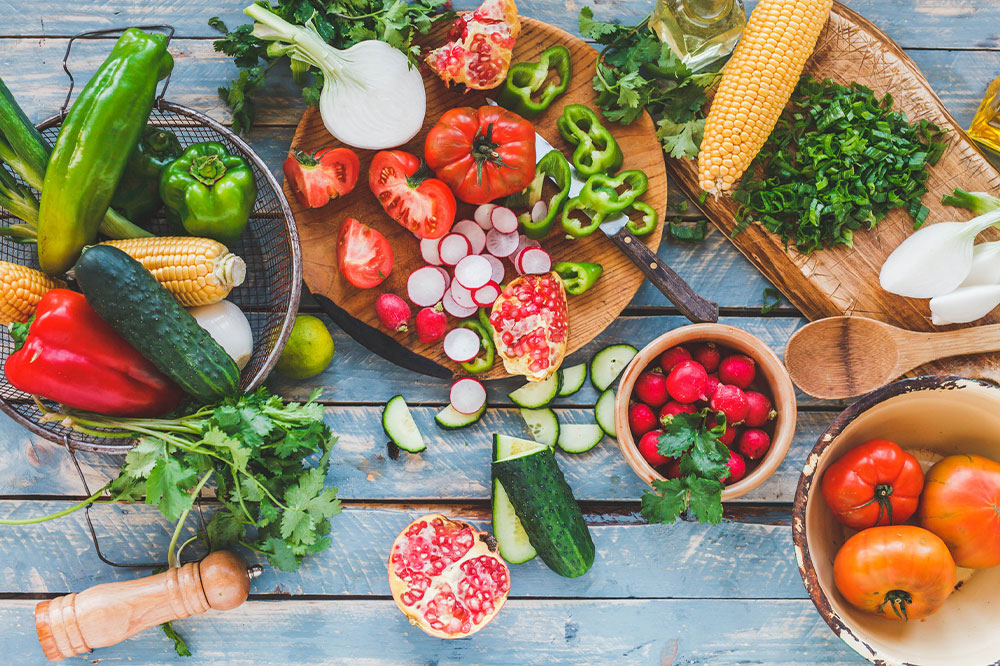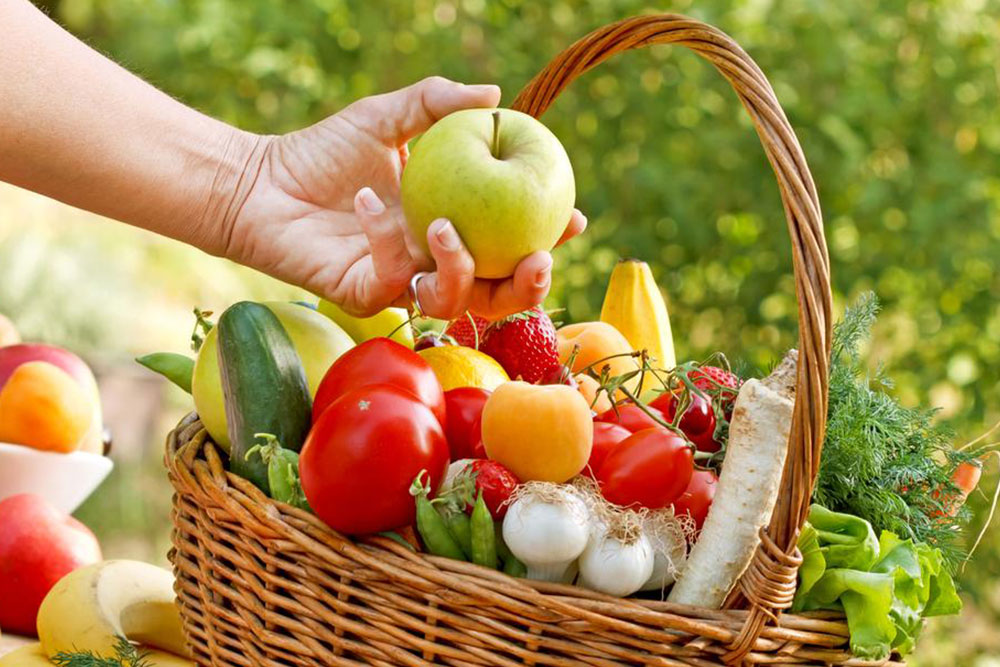Essential Nutrients and Dietary Tips for Supporting Bladder Health
Discover the top nutrients and foods that naturally promote bladder health. This comprehensive guide highlights dietary choices, including legumes, fruits, vegetables, lean proteins, whole grains, eggs, dairy, and herbal teas, to help manage bladder issues. Incorporate these tips for improved urinary function and overall well-being, supported by natural ingredients and healthy lifestyle habits for lasting bladder wellness.
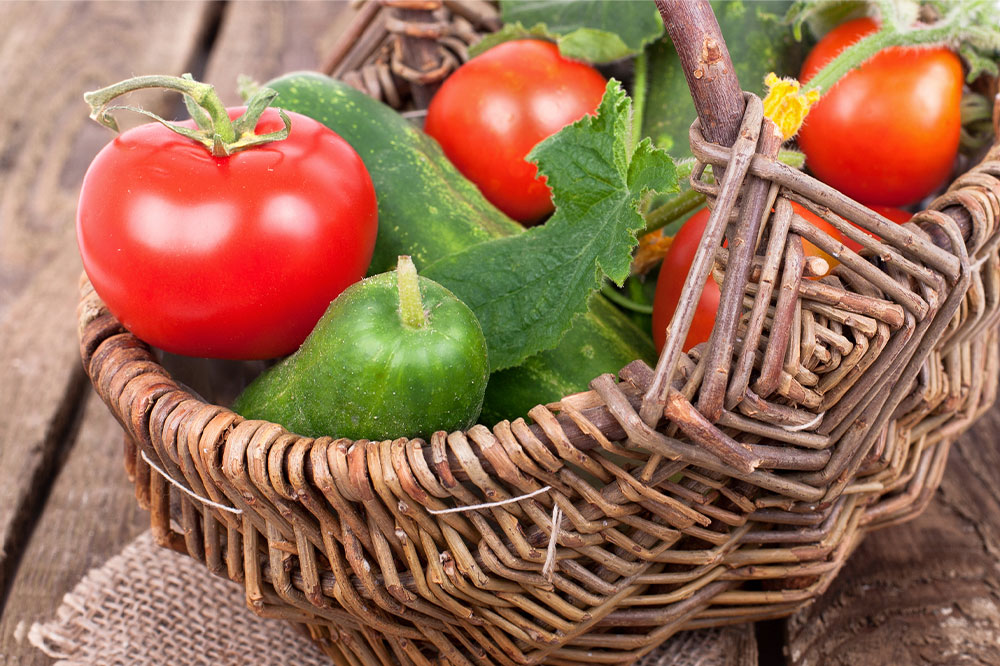
Comprehensive Guide to Nutrients and Foods for Optimal Bladder Function
Achieving and maintaining a healthy bladder is vital for overall well-being and quality of life. Proper nutrition plays a crucial role in promoting bladder health, reducing symptoms such as urinary urgency, frequency, and discomfort. By understanding which nutrients and foods support bladder function, individuals can make informed dietary choices that help manage and prevent bladder-related issues effectively. This extensive guide explores key nutrients, beneficial foods, and lifestyle tips to enhance bladder wellness naturally.
Legumes, Nuts, and Seeds: Rich Sources of Fiber and Nutrients
Legumes such as chickpeas, lentils, kidney beans, and black beans are excellent sources of dietary fiber, which contributes significantly to digestive health. Improving digestion helps ease pressure on the bladder caused by a full stomach or constipation. Nuts and seeds—including pumpkin seeds, flax seeds, and walnuts—are packed with healthy fats, vitamins, and minerals that support overall urinary health. Incorporating these plant-based foods into daily meals not only assists in maintaining a healthy bladder but also provides essential nutrients that boost overall wellness. Prioritize whole, minimally processed options to maximize benefits for bladder health.
This section highlights foods such as beans, nuts, and seeds that enhance digestive function and help alleviate bladder strain.
Fruits and Vegetables: Opt for Bladder-Friendly Choices
While citrus fruits like oranges, grapefruits, lemons, and limes are popular for their vitamin C content, they can irritate the bladder in many individuals, exacerbating symptoms. Instead, focus on bladder-friendly fruits and vegetables such as sweet potatoes, broccoli, pears, green beans, winter squash, and peas. These foods provide vital nutrients, antioxidants, and fiber that support bladder health without causing irritation or discomfort. A diet rich in non-citrus produce contributes to reduced bladder inflammation and promotes overall urinary tract wellness.
Lean Protein: Supporting Bladder and Heart Health
Selecting healthy, lean protein sources is essential for maintaining bladder health. Fresh poultry, lean cuts of beef, and especially fatty fish like mackerel, salmon, and tuna are excellent choices because they are rich in omega-3 fatty acids. These healthy fats help reduce inflammation and support tissue repair, benefitting urinary health. For those who prefer plant-based options, flax seeds, walnuts, and nuts are good alternatives to include in meals. Limiting processed and high-fat meats can prevent aggravation of bladder symptoms and promote a balanced diet.
Whole Grains for Gentle Digestion and Sustained Energy
Whole grains like oats, oatmeal, brown rice, and homemade bread are not only nourishing but also gentle on the digestive system. Their high fiber content helps regulate bowel movements, reducing the likelihood of bladder irritation caused by constipation or pressure on the urinary system. Incorporating these wholesome grains into daily meals supports overall bladder function and sustains energy levels throughout the day.
Eggs and Dairy Products: Nutritious and Bladder-Friendly
Eggs, cheeses, and other dairy products are rich sources of high-quality protein, healthy fats, and essential vitamins. They serve as excellent breakfast options that support bladder health without irritating the urinary tract. Unlike citrus or acidic foods, eggs and dairy provide essential nutrients like calcium, vitamin D, and B vitamins, which are crucial for overall health. Consuming these foods in moderation contributes to a balanced diet that promotes urinary system stability and health.
Herbal Teas and Natural Sweeteners for Soothing Support
Herbal teas such as chamomile, peppermint, and honey-infused infusions can soothe bladder discomfort during flare-ups. Chamomile and peppermint teas are particularly beneficial; drinking these before bedtime can improve sleep quality and reduce nighttime bathroom visits. Using honey as a natural sweetener adds gentle sweetness to your drinks and meals. These natural remedies can be incorporated into daily routines for gentle management of bladder symptoms, providing comfort and promoting relaxation.
Adopting a nutrient-rich, bladder-friendly diet combined with mindful lifestyle choices can significantly improve urinary health. Regular hydration, avoiding irritants like caffeine and alcohol, and maintaining a healthy weight further support bladder wellness. By understanding the key nutrients and selecting appropriate foods, individuals can manage symptoms effectively and enjoy a better quality of life. Consult with healthcare professionals or dietitians to personalize dietary plans and ensure optimal bladder health over time.
